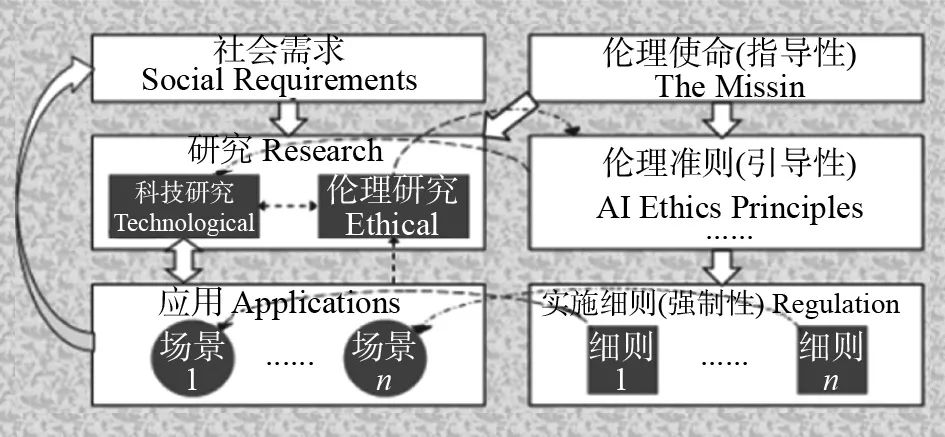What Ethical Issues Will The Development Of Artificial Intelligence Bring?
What Ethical Issues Will The Development Of Artificial Intelligence Bring?
With the rapid development of artificial intelligence (AI) technology, it is permeating all aspects of our lives, from smart assistants to autonomous cars, the application of AI has brought convenience to our lives. However, what comes with it is the emergence of many ethical issues.
With the rapid development of artificial intelligence (AI) technology, it is permeating all aspects of our lives, from smart assistants to autonomous cars, the application of AI has brought convenience to our lives. However, what comes with it is the emergence of many ethical issues. These issues are not only about the application of technology, but also involve in-depth discussions of social, legal and human values. This article will discuss the main ethical issues brought about by the development of artificial intelligence.
1. Data Privacy and Security
During the training and operation of AI systems, a large amount of data is collected and processed. This data often contains personal privacy information, such as consumption habits, health status and geographical location. Data privacy issues have become the primary focus of AI ethics. The leakage or abuse of personal information may lead to serious consequences and may even affect people's safety and freedom. How to find a balance between using data and protecting privacy is an ethical problem that needs to be solved urgently.

2. Algorithm bias and fairness
The decision-making process of artificial intelligence often relies on training data, which may contain historical biases. If AI systems use biased data when dealing with sensitive areas such as recruitment, loans, or judicial judgments, it can lead to unfair results. For example, job seekers of certain races or genders may be excluded due to algorithmic bias. This algorithmic bias not only harms individual rights, but also may aggravate social inequality. Therefore, ensuring the fairness and transparency of AI systems is an important ethical issue.
III. Issues of responsibility assignment
When an AI system errors or causes harm, the issue of responsibility affiliation follows. For example, who should be responsible for an accident in an autonomous vehicle? Is it an automaker, software developer, or a car owner? This ambiguity of responsibility attributes not only challenges the law, but also makes victims face difficulties in pursuing justice. Clarifying the ownership of responsibilities is crucial to establishing a sound legal system and protecting public rights and interests.

4. Employment and economic impact
The popularity of artificial intelligence will have a profound impact on the job market. Many traditional jobs may be replaced by automation, leading to unemployment and increased economic inequality. This phenomenon has sparked widespread discussion on "future work". How to protect the rights and interests and livelihoods of workers while promoting technological progress has become an important ethical issue. Society needs to actively explore new employment models and social security systems to meet this challenge.
V. Morality and decision-making issues
The application of AI in certain fields involves ethical decision-making, such as medical care, military and public safety. In these cases, AI systems need to make decisions in a complex ethical framework. For example, medical AI may need to make a trade-off between treating patients and limited resources. How to ensure that AI systems can comply with human moral standards and make ethical decisions in complex situations is an urgent problem.
6. Technology dependence and human values
With the popularization of AI technology, people's dependence on technology is becoming increasingly deepening. This dependence may lead to a decline in human self-decision-making ability, which in turn affects social values and interpersonal relationships. For example, over-reliance on smart assistants can weaken people's social skills and independent thinking skills. How to maintain human core values while enjoying the convenience brought by technology is a question we need to think about seriously.

Conclusion
The development of artificial intelligence has brought huge opportunities to human society, but it has also caused many ethical issues. Issues such as data privacy, algorithm bias, responsibility ownership, employment impact, ethical decision-making and technology dependence are all challenges that we must face when promoting AI technology. In order to ensure that the development of artificial intelligence can benefit all mankind, all sectors of society need to work together to establish sound ethical norms and legal frameworks to promote the sustainable development of technology. Only under the guidance of ethics can artificial intelligence truly become a partner of human beings, not a potential threat.





